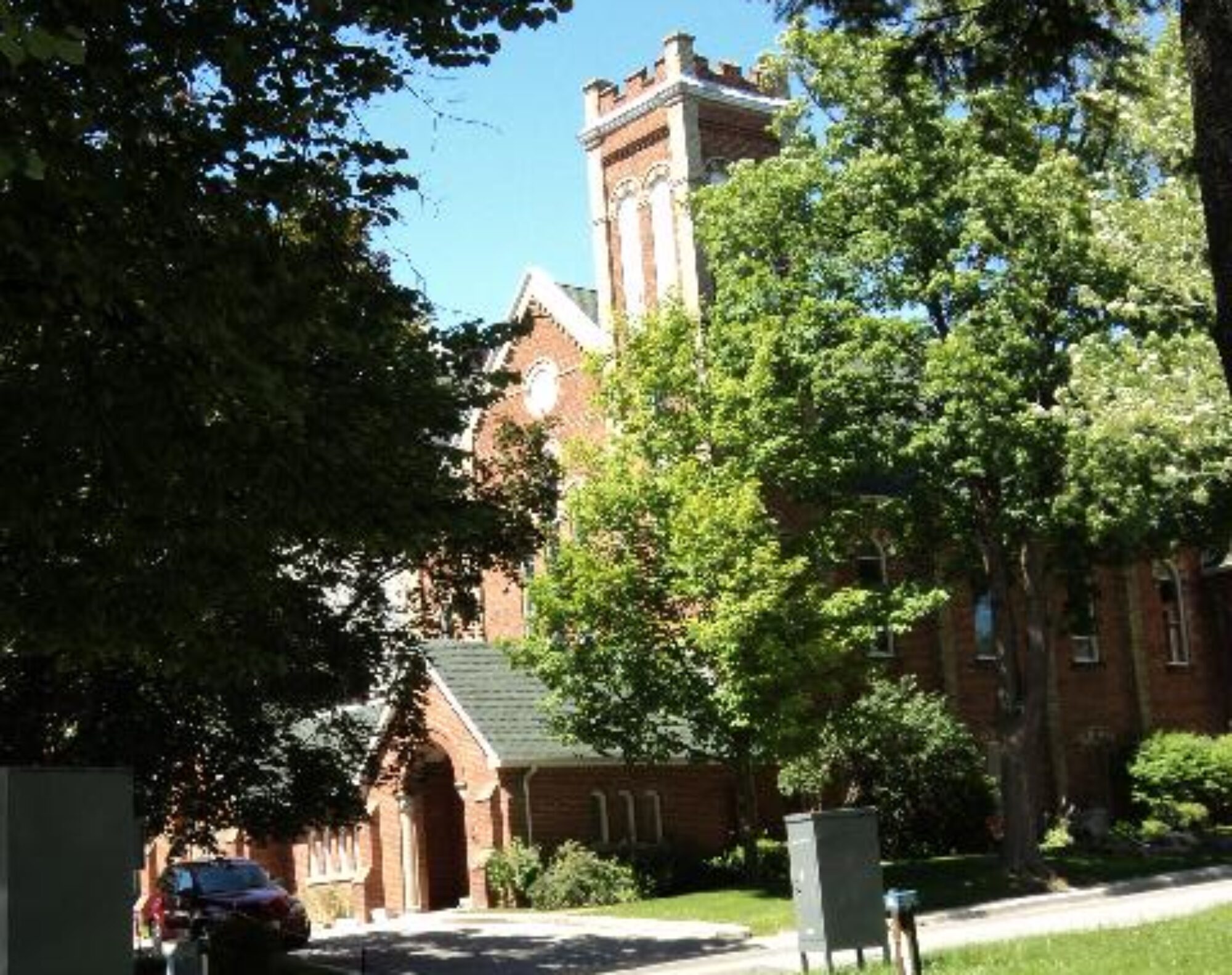“For He Himself is our peace, who has made the two one and has destroyed the barrier, the dividing wall of hostility, by abolishing in His flesh the law with its commandments and regulations.”
Ephesians 2:14-15
Sometimes we are swept away in wonder over the power and the beauty of the Word of God. It has a way of sweeping away the cobwebs of our cluttered lives in order to breathe in the pure wind of the Spirit. It is useful, at times, to step back and take a wide angled view of the Word noting the huge context of the message. In the book of Ephesians the Apostle Paul gives us a powerful description of the Body of Christ, the Church in all of its wonder. God has created something new, a new creation, in which He will overrule all of the distinctions that we draw up in order to determine who we think, is acceptable to God. In Paul’s world, the Jews rejected the Gentiles, calling them a lesser form of humanity, the Gentiles rejected the Jews calling them the enemies of all peoples. Each one used human distinctions to reject people who were not like them. We are guilty of this as well. We are perfectly willing to accept others provided they change and become like us.
Paul tells us, in the wider view that God’s solution is to create one new people in Christ. There is now no longer Jews or Gentiles, there is now Christians, those who are like Christ. That is the wide angled view of what God is doing in the Lord Jesus Christ. We must take a closer view however. John Calvin, in his Sermons on Ephesians (Banner of Truth Trust, Edinburgh, 1998) draws us in closer with these words.
“Furthermore, the title that St. Paul gives to our Lord Jesus Christ, namely, that ‘he is our peace’, ought to be carefully considered,”
A.Skevington Wood in his commentary in The Expositor’s Bible Commentary (Zondervan, Grand Rapids, Michigan, 1978) takes us further as he writes the following.
“”He Himself” is emphatic (cf. V. 15, “in Himself”). Christ and no other “has solved the problem of our relationships with God and man” (Barclay, p. 120). He draws men to God and to each other in His own person. It is not simply the message He proclaimed or even the message proclaimed about Him that effects this reconciliation. It is Himself. There is an echo here of Micah 5:5. “Peace” is recognised by the Talmud as a name of God. So Paul can announce that Christ is peace as well as life (Col. 3:4) and hope (Col. 1:27). The “I am” sayings recorded in the fourth Gospel provided a foundation in the claims of Jesus for such assertions.”
When we take a close look at what Paul writes here it is clear that his focus is not on the message of Christ which urges us to be at peace with others. It is that Christ Himself is our peace. It is only in Him that the deepest needs of our lives are met. It is only in Him that we are reconciled to God. Wood points us to a quotation from Micah 5:1-5 which speaks to us about the coming Messiah.
“Marshall your troops, O city of troops, for a siege is laid against us. They will strike Israel’s ruler on the cheek with a rod. But you, Bethlehem Ephrathah, though you are small among the clans of Judah, out of you will come for me on who will be ruler over Israel, whose origins are from of old, from ancient times. Therefore Israel will be abandoned until them time when He who is labour gives birth and the rest of His brothers return to join the Israelites. He will stand and shepherd His flock in the strength of the Lord, in the majesty of the Name of the Lord His God. And they will live securely, for then His greatness will reach to the ends of the earth. And He will be their peace.”
